Unlocking the Potential of NFTs: Opportunities and Challenges Ahead
Welcome to the exciting world of Non-Fungible Tokens (NFTs), where digital assets are bought, sold, and traded using blockchain technology. You may have heard of NFTs in the news lately, with headlines about multi-million dollar art sales and viral memes being turned into collectibles. But what exactly are NFTs, and why are they gaining so much attention? In this article, we will explore the opportunities and challenges that lie ahead in unlocking the potential of NFTs.
What are NFTs?
NFTs are unique digital assets that can represent ownership or proof of authenticity for any kind of digital or physical item. Unlike cryptocurrencies such as Bitcoin or Ethereum, which are fungible and can be exchanged on a one-to-one basis, each NFT has its own distinct value and cannot be exchanged on a like-for-like basis.
For example: If you own an NFT representing a rare piece of digital artwork, you are the sole owner of that specific piece. Even if there are other copies or similar pieces available online, your NFT represents the original and authentic version.
The Opportunities
NFTs offer several exciting opportunities across various industries. Let’s take a closer look at some of these:
1. Art and Collectibles
The art world has been revolutionized by NFTs. Artists can now directly sell their digital creations to collectors without intermediaries. This opens up new possibilities for emerging artists to gain recognition and monetize their work. Additionally, collectors can easily prove ownership and authenticity, enhancing the value of their collections.
2. Gaming
NFTs have immense potential in the gaming industry. Players can own and trade in-game assets, such as rare weapons or unique character skins, with verified ownership and scarcity. This introduces a new level of ownership and value within virtual worlds, allowing players to truly own their digital possessions.
3. Real Estate
Tokenizing real estate through NFTs enables fractional ownership, making it easier for investors to participate in high-value properties. Additionally, NFTs can provide proof of ownership and streamline the buying and selling process by eliminating the need for intermediaries.
4. Intellectual Property
NFTs have the potential to revolutionize how intellectual property rights are managed. Creators can use NFTs to protect and monetize their work by establishing ownership, tracking usage, and receiving royalties automatically whenever their creations are sold or used.
The Challenges
While NFTs present exciting opportunities, there are also challenges that need to be addressed:
1. Environmental Impact
The energy consumption associated with blockchain technology has raised concerns about its environmental impact. The high energy requirements of certain blockchain networks used for NFT transactions need to be addressed to ensure sustainability.
2. Lack of Regulation
The NFT space is still relatively unregulated, which raises concerns about fraud and scams. Establishing clear guidelines and regulations will help protect buyers and sellers from fraudulent activities and ensure a safe marketplace for all participants.
3. Accessibility
Currently, NFTs primarily attract tech-savvy individuals familiar with blockchain technology. To unlock their full potential, user-friendly platforms need to be developed to allow wider participation from individuals who may not have extensive technical knowledge.
Frequently Asked Questions (FAQs)
Q: How do I buy an NFT?
A: To buy an NFT, you need to create a digital wallet, connect it to a reputable NFT marketplace, and browse the available collections. Once you find an NFT you want to purchase, follow the instructions provided by the platform to complete the transaction.
Q: Can I sell my NFT?
A: Yes, you can sell your NFT on various NFT marketplaces. Simply list your NFT for sale, set a price, and wait for potential buyers to make offers or purchase it at the listed price.
Q: Are NFTs only for digital assets?
A: No, while NFTs are commonly associated with digital assets, they can also represent ownership of physical items. For example, an NFT could represent ownership of a rare physical collectible, such as a limited edition trading card.
Q: Are NFTs a good investment?
A: The value of NFTs can be highly volatile and speculative. While some NFTs have sold for significant amounts, there is also a risk of price fluctuations and potential loss of investment. It is important to conduct thorough research and consider your risk tolerance before investing in NFTs.
In conclusion, NFTs have unlocked new opportunities across various industries by revolutionizing ownership, authenticity verification, and monetization of digital assets. However, challenges such as environmental impact and lack of regulation need to be addressed for widespread adoption. As the world continues to explore the potential of NFTs, it is essential for individuals to stay informed and navigate this evolving landscape with caution.

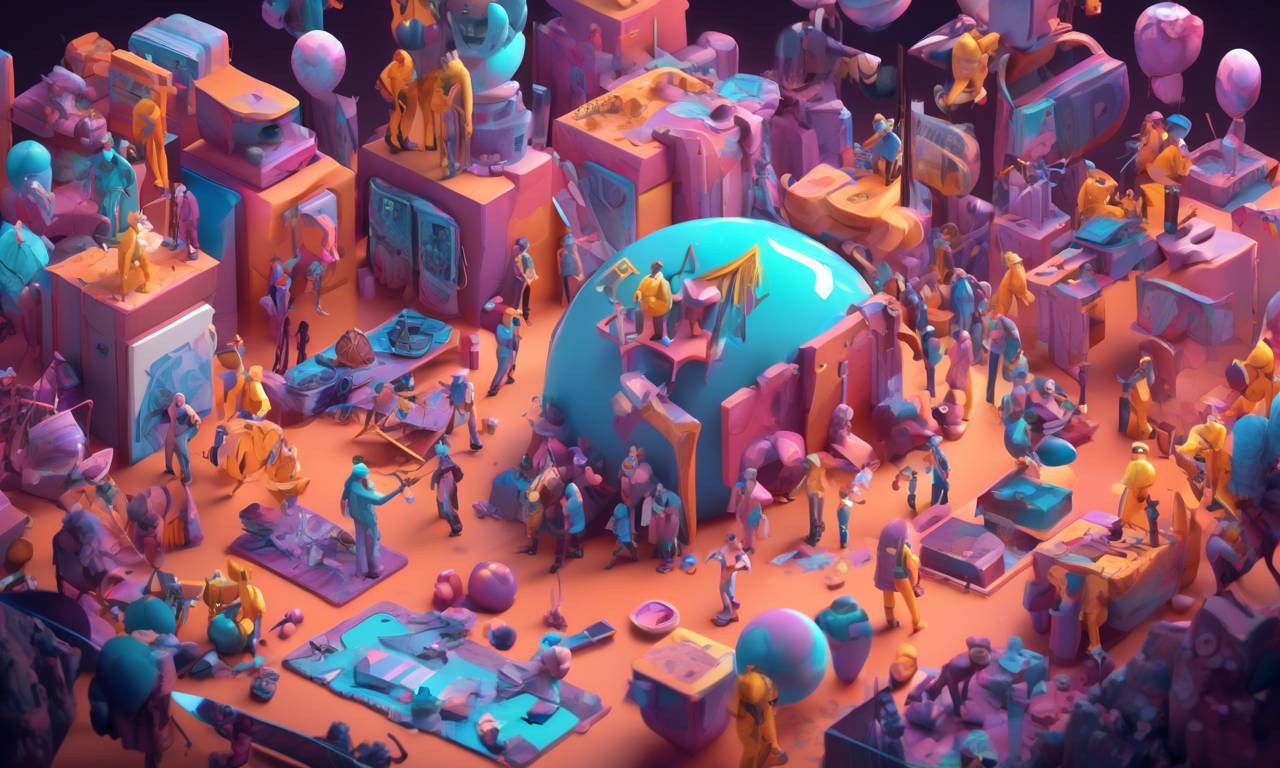
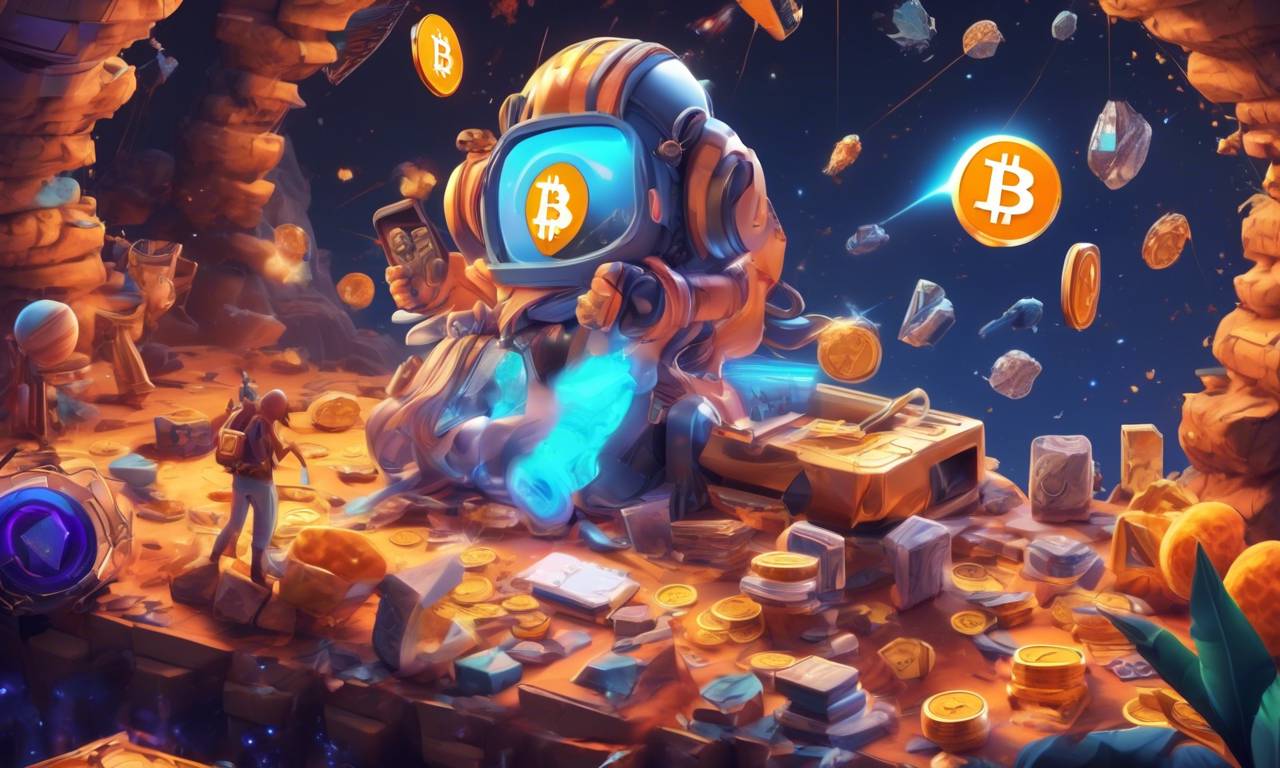
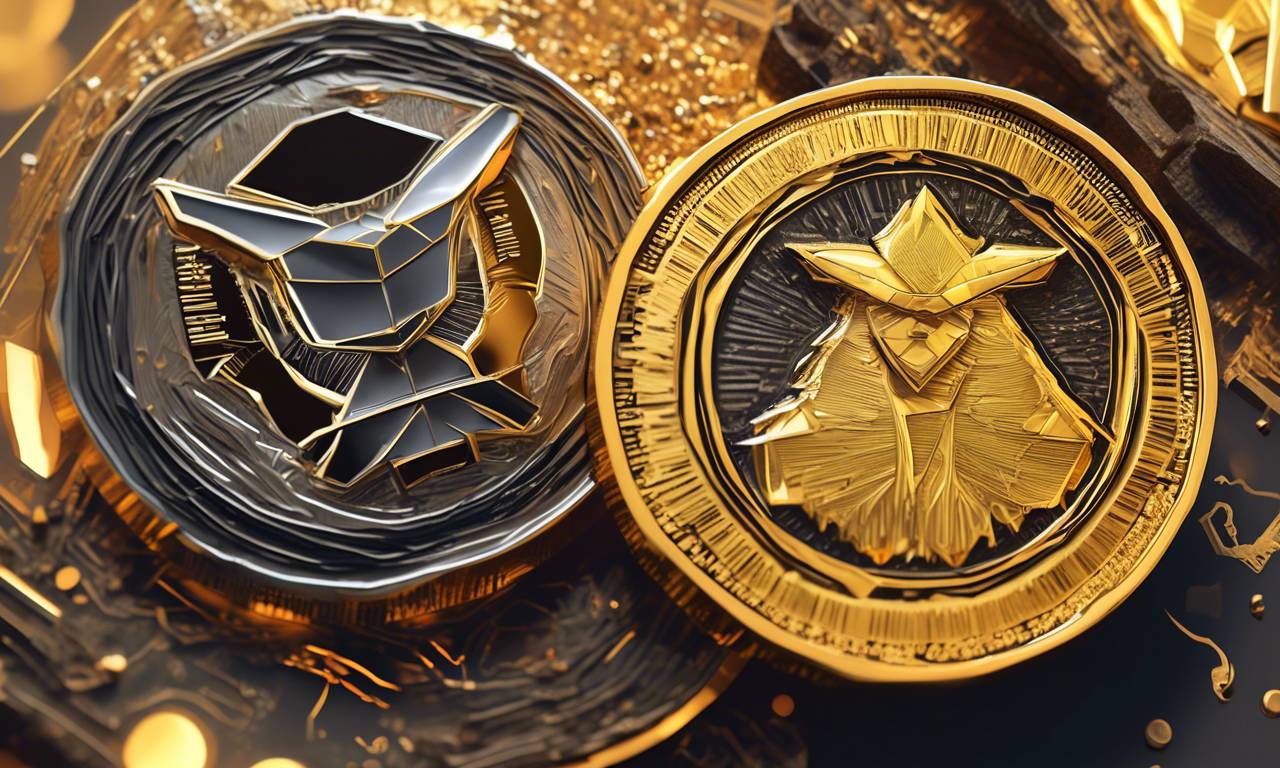
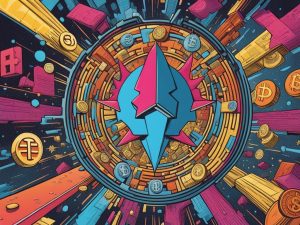
 By
By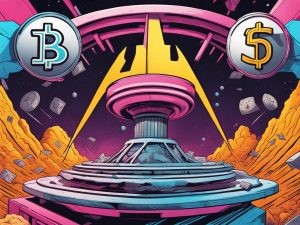
 By
By

 By
By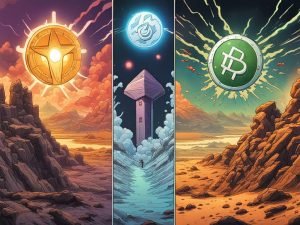
 By
By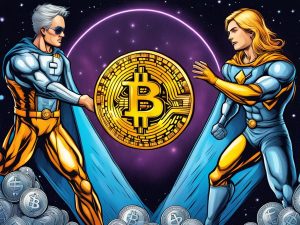
 By
By